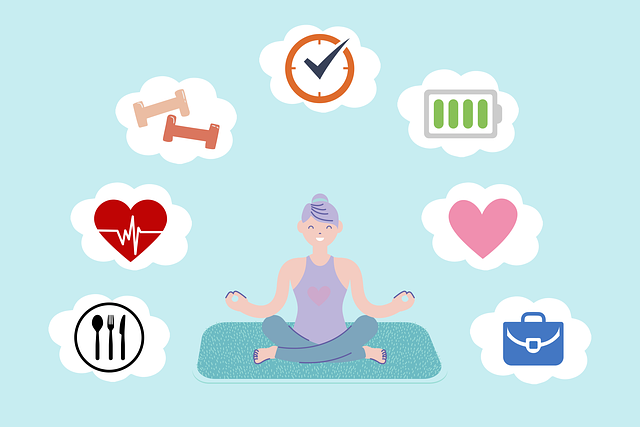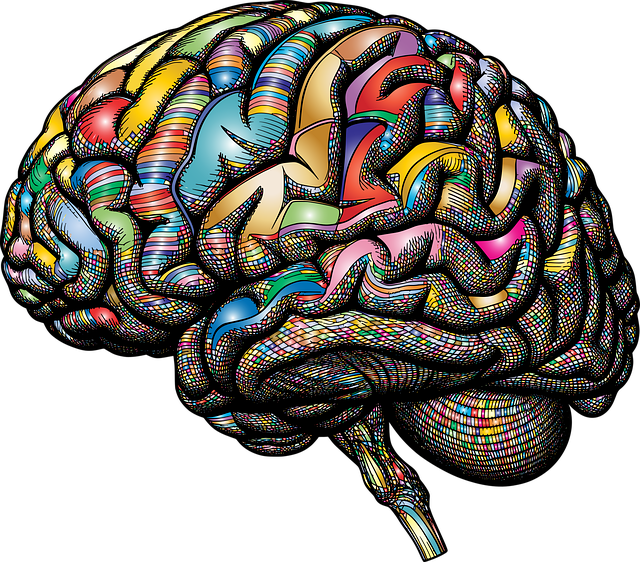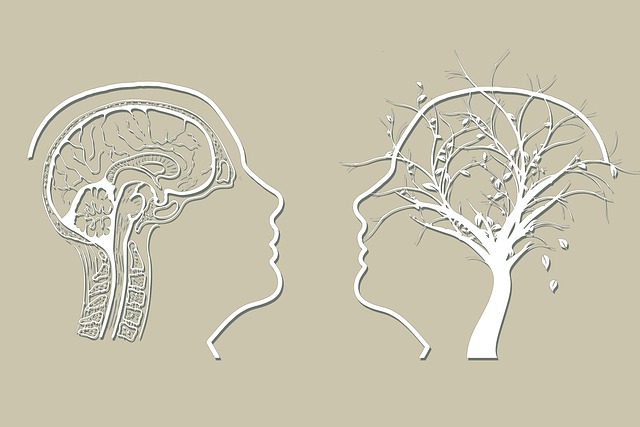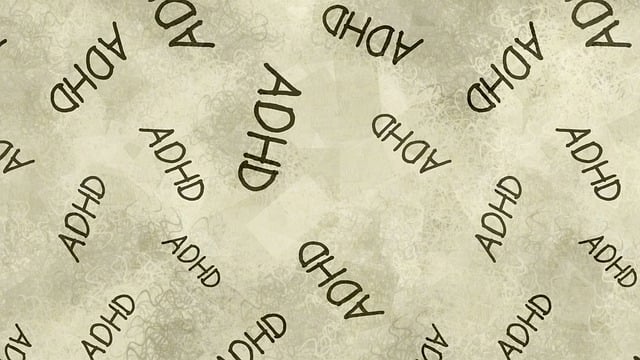Emotional Intelligence (EI) is a valuable skill set that enhances communication, relationships, and mental well-being. Techniques like Therapy for Exposure and Response Prevention (ERP), Compassion Cultivation Practices, and Conflict Resolution Skills are effective tools to boost EI. ERP helps individuals manage fear and anxiety through gradual exposure, while compassion cultivation practices encourage self-care and emotional understanding. Conflict resolution techniques provide strategic tools for interpersonal challenges. Building EI requires daily commitment, mindfulness, and dedication through self-care practices like meditation, journaling, or nature walks. Resources such as stress management workshops and mental wellness podcasts also aid in continuous growth and refinement of these skills.
Emotional intelligence (EI) is a powerful tool for enhancing mental well-being, fostering healthy relationships, and navigating life’s challenges. This article delves into the profound impact of EI on our daily lives and explores effective strategies to build it. We discuss the role of therapy for exposure and response prevention (ERP), a game-changing technique in understanding and managing emotions. By combining insights from professionals and practical tips, you’ll gain valuable tools to enhance your EI and overall mental resilience.
- Understanding Emotional Intelligence and its Impact on Mental Well-being
- Therapy for Exposure and Response Prevention: A Deep Dive into the Technique
- Practical Strategies to Build and Enhance Emotional Intelligence Daily
Understanding Emotional Intelligence and its Impact on Mental Well-being

Emotional intelligence (EI) refers to an individual’s ability to recognize, understand, and manage their own emotions, as well as recognize, interpret, and influence the emotions of others. This multifaceted skill set goes beyond mere emotional awareness; it encompasses self-awareness, empathy, and social skills that facilitate effective communication, conflict resolution, and strong relationships. Research has consistently shown a positive correlation between high EI and improved mental well-being. Individuals with strong emotional intelligence are better equipped to handle stress, navigate challenging situations with resilience, and maintain healthy boundaries.
Therapy for Exposure and Response Prevention (ERP), alongside Compassion Cultivation Practices and Conflict Resolution Techniques, offers valuable tools for cultivating emotional intelligence. ERP helps individuals confront and manage anxiety by gradually exposing them to stressful scenarios in a controlled manner, while teaching response prevention techniques to reduce avoidance behaviors. Compassion cultivation practices promote self-care and foster a deeper understanding of one’s emotions and those of others, enhancing empathy. Conflict resolution techniques equip people with strategic tools for navigating interpersonal challenges, thereby strengthening their ability to regulate emotions in high-pressure situations.
Therapy for Exposure and Response Prevention: A Deep Dive into the Technique

Therapy for Exposure and Response Prevention (ERP) is a powerful technique within cognitive behavioral therapy (CBT) designed to help individuals confront and manage their fears and anxiety-provoking situations. This process involves gradual exposure to stressful stimuli, coupled with preventing typical coping responses, such as avoidance behaviors. By facing their fears in a safe, controlled environment, individuals learn to change their emotional responses and reduce the impact of negative thoughts.
ERP is particularly effective for conditions like obsessive-compulsive disorder (OCD) and social anxiety disorder. It encourages self-care routine development for better mental health by fostering resilience and empowering individuals to take charge of their emotional well-being promotion techniques. This approach aims to replace avoidance with positive behaviors, ultimately leading to stress reduction methods that can be generalized to various aspects of daily life.
Practical Strategies to Build and Enhance Emotional Intelligence Daily

Building emotional intelligence is a daily practice that requires dedication and mindfulness. One effective strategy is to engage in self-care practices that foster self-awareness and emotional regulation. This can include activities like meditation, journaling, or even a simple walk in nature—all of which provide moments for introspection and connection with your inner thoughts and feelings. By regularly acknowledging and processing your emotions, you strengthen your ability to understand and manage them effectively.
Additionally, incorporating stress management workshops or joining a mental wellness podcast series production can offer valuable tools and insights into emotional intelligence. These platforms often provide practical exercises and techniques, such as those used in therapy for exposure and response prevention (ERP), which help individuals confront and overcome emotional challenges. Through interactive learning and community support, these resources enable continuous growth and refinement of emotional intelligence skills, ultimately enhancing overall mental wellness.
Emotional intelligence is a powerful tool for enhancing mental well-being. By understanding its impact and employing practical strategies, individuals can significantly improve their emotional resilience. The article has explored these concepts, delving into the therapeutic benefits of exposure and response prevention (ERP), a game-changer in managing emotions. Through daily practice, we can navigate life’s challenges with greater ease, fostering a symphony of mental health and personal growth.














